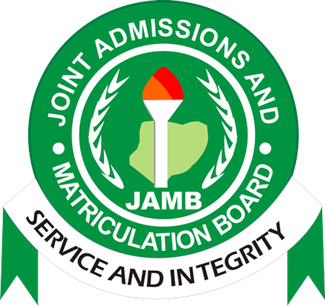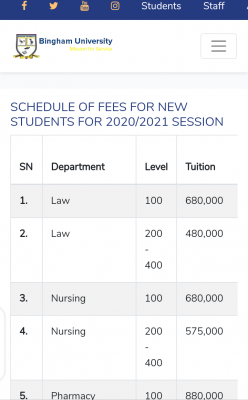UTME Mass Failure Shows Anti-Malpractice Efforts Are Effective — Minister


The Minister of Education, Dr. Tunji Alausa, stated that the sharp drop in performance in the 2025 Unified Tertiary Matriculation Examination proves that the government’s anti-malpractice initiatives are working, particularly within the operations of the Joint Admissions and Matriculation Board.
His comments follow growing public concern after JAMB released statistics revealing that out of 1,955,069 candidates who took the 2025 UTME, just around 420,000 managed to score above 200 — indicating that more than 78 per cent failed to reach the 200-score benchmark.
During an appearance on Channels Television’s Morning Brief on Tuesday, Alausa said the lower scores are a result of fewer instances of cheating, thanks to tighter security procedures introduced by JAMB.
“That’s a big concern, and it’s a reflection of exams being done the proper way,” the minister said. “JAMB conducts its exam using a computer-based testing system. They’ve implemented strong security measures, and as a result, fraud or cheating has been completely eliminated. Unfortunately, we cannot say the same for WAEC and NECO.”
Alausa revealed that after taking office, the Ministry of Education carried out a thorough review of how examinations are conducted in the country.
As part of wider efforts to reform the system, he announced that starting in November 2025, both the West African Examinations Council and the National Examinations Council will begin shifting to computer-based testing for objective sections.
The full transition to CBT — including theory questions — will be implemented by the May/June 2026 exam period.
“We have to use technology to fight this fraud,” Alausa said. “There are so many ‘miracle centres’, and that is simply unacceptable. People cheat during WAEC and NECO exams and then face JAMB, where cheating is nearly impossible. That’s the disparity we’re seeing now. It’s sad,” the minister said.
He further warned that examination fraud not only destroys credibility but also discourages hardworking students.
Alausa said, “The worst part of cheating is that it disincentivises the hard-working ones,” he said. “If I’m preparing for WAEC or NECO and I know some classmates already have access to the questions, do you think I’ll still study hard? No, I’ll be tempted to join them. That’s how good students are corrupted, and that’s exactly what we must stop.”
Alausa emphasized that the ministry is firmly dedicated to implementing technology-based approaches to rebuild trust in Nigeria’s examination and university admission systems.









